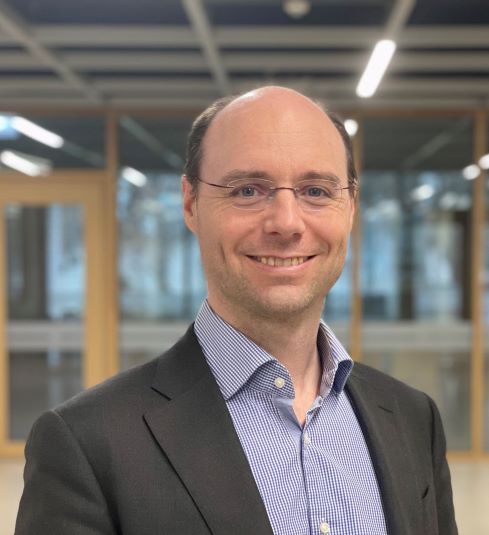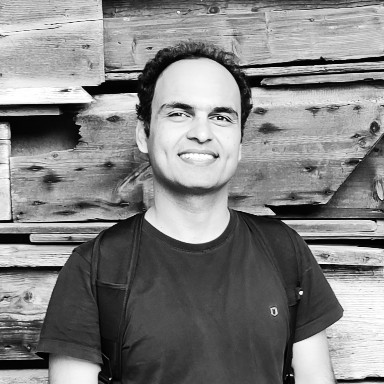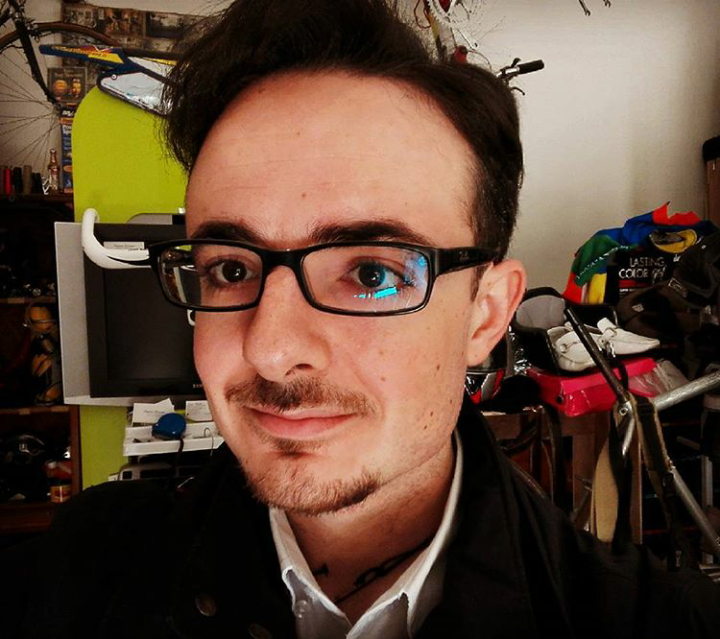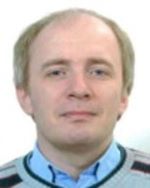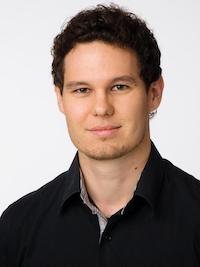Tuesday, May 16, 2023 | 01:00 pm (CET) | Room: Z.1.09 | | Alpen-Adria-Universität Klagenfurt
Dr. Michael Has | University of Grenoble
Abstract: The impact of climate change to biosphere and the human civilization living therein are widely discussed as is the need to reduce the consumption of energy and materials – measured in footprints. Despite of that the means on how to reduce footprints and the difficulties going along with that are lesser discussed.
The assessment of CO2 Footprints during all phases of its production and existence (Life Cycle Assessment) is embedded in the legally required of non-financial reporting for companies. This talk is intended to provide background on non-financial reporting and how that relates to footprints and risks. Of course reporting is not l´art pour l´art. It is intended to reduce the impact of an activity – Ecodesign and it impacts the value of companies. The intent is to discuss in more detail how reporting is done, how (CO2-) Footprints are derived, ways to reduce footprints and how the related activities influence the value of companies.
Bio: Following apprenticeships Has studied physics at the University of Regensburg. In 1992 he received his doctorate on his work in the field of biophysics. Has also attended the INSEAD Business School in Fontainebleau, France. He spent the initial part of his industrial career at FOGRA delivering industrial research in the field of new technology analysis, consulting, offset and digital print, digital workflows and Color Management. Has founded the predecessor organization of the International Color Consortium (ICC, Reston, Virginia), whose first technical secretary he became.
In 1998 he received his habilitation from the University of Grenoble. Since 1998 he serves as Distinguished Professor in the fields of future technology, business – and portfolio strategy, circular economy and sustainability at University of Grenoble. From 1998 until 2020 Has worked with Canon where he has held senior and executive positions in R & D, marketing and strategic planning and product design.
Has was active in various scientific advisory boards, held board positions and worked as business advisor in start-up companies. His work on industrial development led to numerous publications and patents.
Stimulated by a long stay with indigenous populations in Canada Has was and is active in the field of human rights for minorities: He was board member of the Society for Threatened Peoples, Göttingen, and the World Uranium Hearing, Munich. Today he chairs the board of trustees of the foundation Vielfalt der Kulturen der Welt, Göttingen. As such he dealt with the impact tourism, resource conservation and consequences of mining and waste disposal. In connection with his professional work in the printing industry, these interests led him to work, publications and research in the fields of sustainability and the circular economy (eg for the World Economic Forum, Davos, and scientific and commercial conferences on circular economy).


